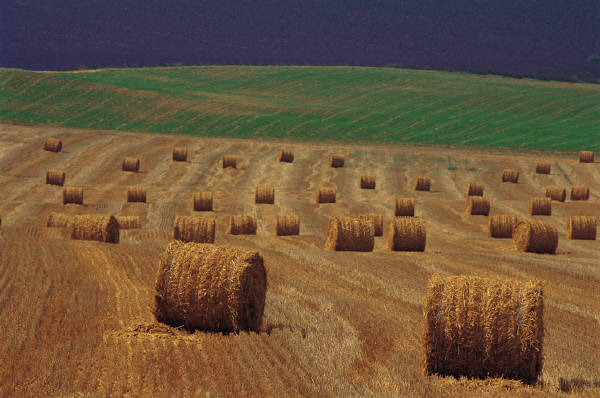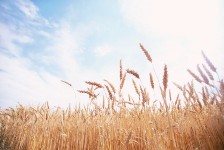|
FOOD
A horse at pasture or in the wild consumes most of its food by
grazing. They are also foods fed by humans such as hay, oats,
grain. Horses should also be fed some kinds of vitamins and
minerals, this can be done with foods like as carrots and apples or vitamin and mineral supplements added to its feed. A salt lick
is also a good supplement for a diet. Horses kept in a stall
consume mostly hay fed to it by their owner along with the other
food listed above.
  
DIGESTIVE SYSTEM
Once the horse has bitten and chewed the food it is mixed
with saliva from the salivary glands. This adds the benefit of
lubrication when swallowed, it also adds enzymes which help digest
the food. The food is then forced into the esophagus by means
of the muscular action of the pharynx and pushed to the stomach
through the esophagus from waves of muscle contraction. There
Hydrochloric acid and a digestive enzyme called pepsin are added
which aid in digestion. The stomach of a horse is small
with a capacity of four gallons compared to that of a cow's rumen
with a fifty to sixty gallon capacity. Click
here
to learn more about cows. The food does not stay
in the stomach long, therefore not much digestion takes place there.
Water also passes quickly through the stomach and small intestine
and goes to the large intestine and caecum. Cellulose and
roughage are broken down from fermentation in the large intestine
and it is also the site where most of the nutrients from the food
are absorbed. The large intestine is divided into the caecum,
large colon, small colon, rectum and anus. The bacteria in the
caecum and large colon is responsible for housing the bacteria which
digest the cellulose. The water is removed from the waste
material in the small colon. Last but not least the food moves
through the rectum to the anus and is released.
|